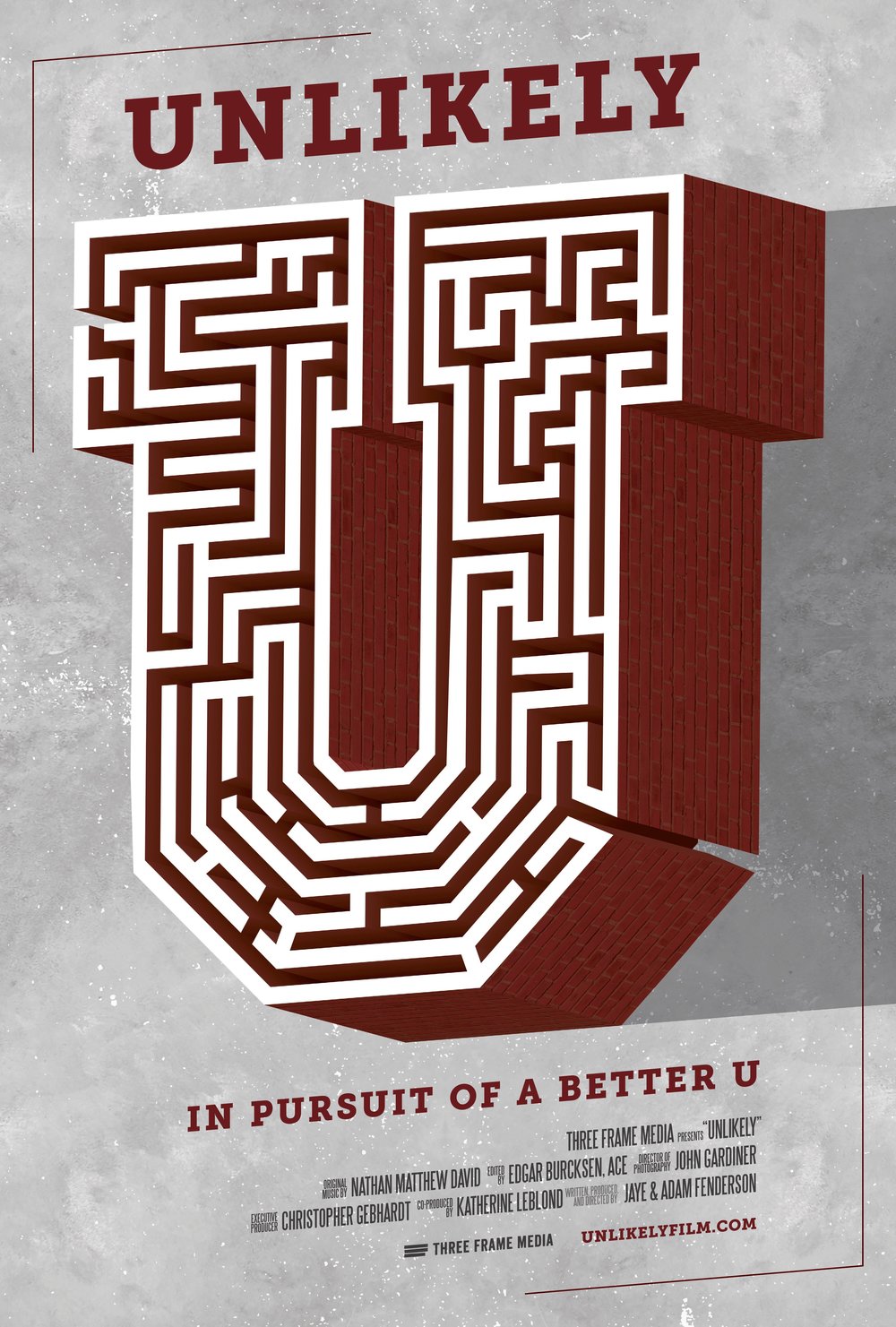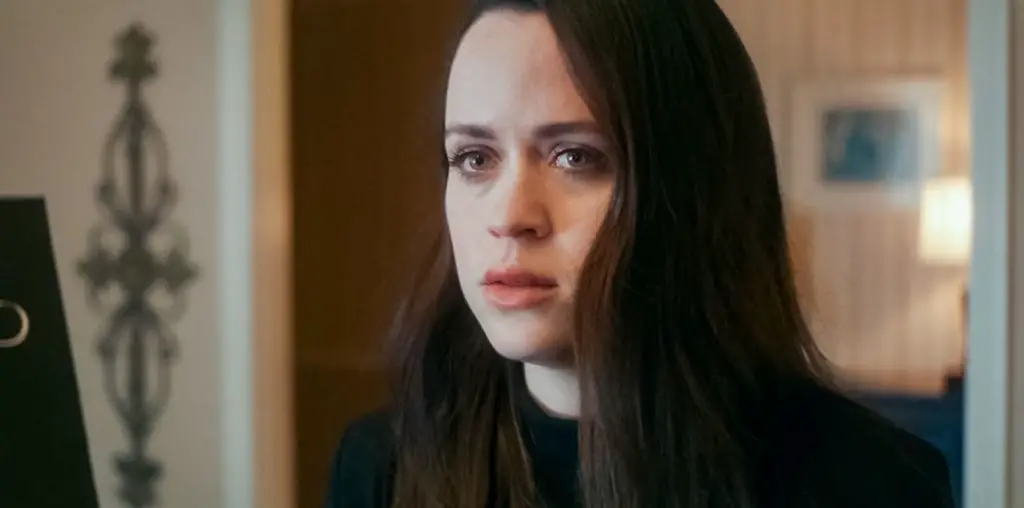
As compelling as this argument sounds, Unlikely‘s presentation leaves something to be desired. To start, most of the Fendersons’ evidence consists of things that their subjects say in interviews. You never have reason to question the sincerity or conviction of the people on screen – but at times, it feels as though the film was basing its entire critique of American universities on merely anecdotal evidence.
Then there’s the cheesiness of the film’s ending. Eventually, all of the profiled students either complete or get into programs that help them graduate without excessive financial hardship. But while this is certainly good news, the film plays up its significance to an exasperating degree. With its cloying background music and repetitive shots of smiling or tearful college graduates, the last part of Unlikely makes it seem as though the profiled students’ good fortune were enough to cure American colleges of all their problems miraculously.

“…draws attention to another, frequently overlooked consequence of the college admissions process: economic inequality.”
Finally, you might find yourself questioning the Fendersons’ underlying conception of what college is. The film presents college as a place whose sole objective is to give people the skills they need to survive in the job market. Nowhere is there any recognition of the possibility that college could be something greater – that, beyond equipping people for the workforce, colleges should also be a place for intellectual and spiritual growth.
You could argue that intellectual and spiritual growth are luxuries that only upper- and upper-middle-class families can afford. But leaving aside that statement’s somewhat elitist implications – certain people should have privileges that others don’t, then? – The Fendersons never even acknowledge that there are potential alternatives to their narrowly functional view of college. You don’t have to embrace opposing arguments, but you should at least acknowledge they exist – and in failing to do even that, Unlikely ultimately feels both superficial and intellectually dishonest.

"…As compelling as this argument sounds, however, the way Unlikely presents it leaves something to be desired. "


